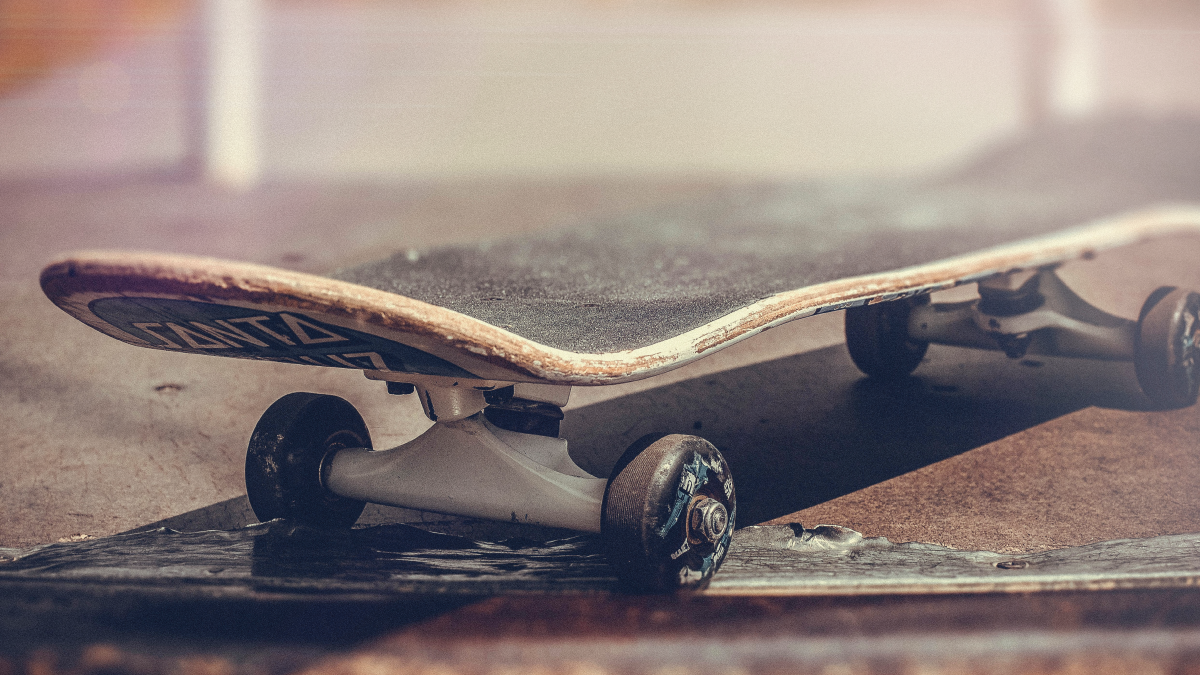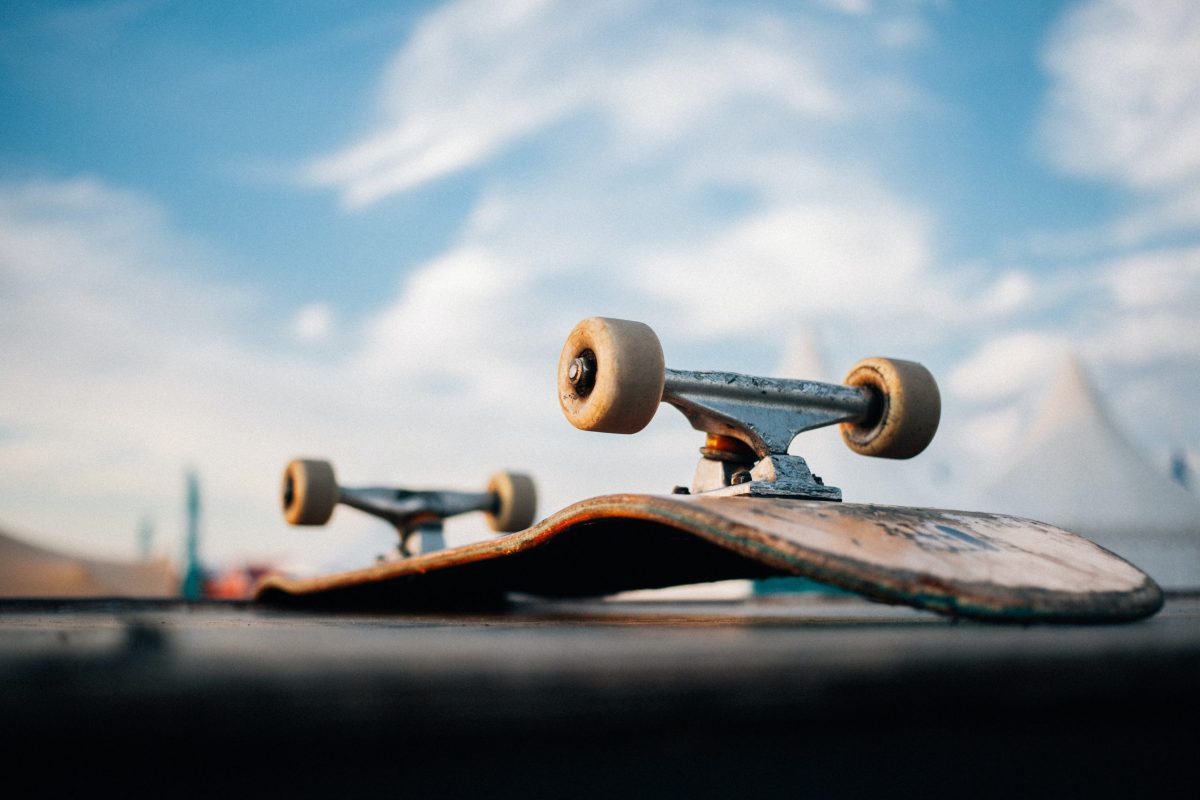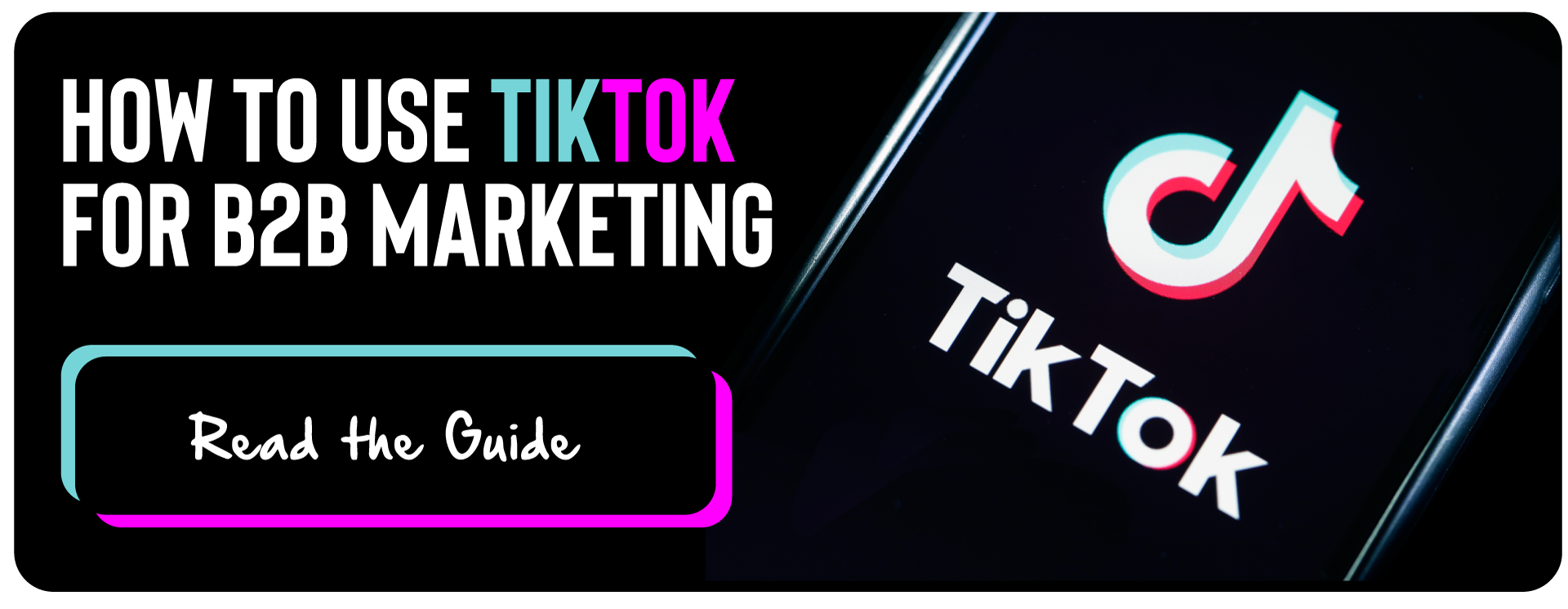
Skateboarding can be an effective training ground for future entrepreneurs or business leaders.
I’ve been a skateboarder for a good portion of my life. I started in 1992 and spent the next decade completely obsessed with the craft and culture. Looking back, skateboarding was not just some fun juvenile activity, it actually shaped me during my formative years and taught me some valuable lessons that I can apply to other aspects of my personal and professional life.
Here are the 8 core lessons that I learned from skateboarding.
Perseverance
Losing can help you win. Hopefully that is an intuitive statement. We’ve heard sentiments like this before. The idea is that every rejection gets us one step closer to success.
This is very much true in skateboarding. If you try to land a trick the same way over and over, you’re never going to land it.
But if you make small incremental adjustments over time, you will eventually land it. With practice and repetition, you can develop the skill and muscle memory to land it consistently. Every miss is giving you data on how not to do it. By eliminating all the ways not to do something, you get closer to learning how to do it.
Marketing, for instance, is a lot of experimentation. What worked before may not work in the future. So, you are constantly putting something into the market, testing it against an ever-changing audience, looking at the data, and making small incremental adjustments over time until you find a breakthrough, whether it be an ad campaign, finding product-market fit, gaining customer loyalty, etc.
The same is true in sales. Having 1,000 rejections gives you data which helps you understand all the ways that don’t work.
Learning to lose is such a valuable lesson. It’s like taking a bit of snake venom over time. Eventually, your body will build up an immunity. Sports teach you that losing, or failure is not some permanent, debilitating thing that should be avoided. So much of skateboarding is losing, or not landing your trick. So we become immune to loss and failure. It does not deter us.
Perseverance is a key element to being successful in business and in life. As the old adage states: perseverance will help you get it, consistency will help you keep it.

Self-reliance
Skateboarding is not a team sport. You can do it all by yourself. In fact, it helps if you have an obsessive personality so that you can just practice on your own until exhaustion. If you rely on getting together with friends for every session, you’re not likely to progress as quickly.
Skateboarding is also all about creativity and not relying on others to tell you what to do, how to do it, what to do, or when to do it . Whether it is the selection of tricks, the style or technique in which you perform, the terrain, the fashion, the hair style, the music… it’s all an expression of who you are. This builds confidence, self assurance, and leadership.
Often in business, an entrepreneur cannot wait on others, especially in the early stages of a start-up. A founder may not have the luxury of hiring a team of staff. They must therefore rely on themselves to wear multiple hats and bring the business to a state where it’s either profitable or investible.
An entrepreneur must be okay working until exhaustion because they are obsessed.
Counter culture
Skateboarding is not about following trends, it’s about creating new ones. It’s about being cool, and typically anything popular is not cool. Anything conventional is not cool. Anything mainstream is not cool. It’s all about finding the obscure and unconventional and liking it before everyone else finds out about it. Whether it a brand, band, fashion, etc. If any of those suddenly become mainstream, then they become uncool.
In skateboard culture frowns upon copying. It’s all about expressionism and individuality, carving your own path, creating your own identity, and not doing the same thing as everyone else.
In business, being just like everyone else is generally not the path to earning a loyal fanbase. It does not make you stand out. Being different or what we call in business “unique” (i.e. unique value proposition) is what will make you stand out.
Apple embraces this with their ‘Think Different’ slogan. Tesla embodies this by pushing innovation forward and being at the forefront of the electric car movement. And 1 found success by embracing street culture, which was an overlooked niche that Nike and Reebok didn’t cater to.
In the business world, they say winners focus on winning, losers focus on winners. Don’t do what everyone else is doing, don’t do what is popular. Pick a niche, find your tribe, and create your own culture. Above all else, trust your instinct and deliver excellence.
Conquering fears pushing beyond limits
There’s a healthy amount of risk and accompanying fear associated with being an entrepreneur. Entrepreneurs often mitigate this risk through experience (either through their own experience or partnering with others who have experience), which ultimate breads confidence.
This is true in skateboarding as well.
A seasoned skateboarder becomes accustomed to calculating risk and knowing when to push and when more experience is needed. A novice skateboarder, for instance, knows the limits of their skillset. They know that if they can barely land an ollie, they are not ready for a 10-stair handrail. With practice and dedication, we build skills and confidence, which allows us to push a little more. This is a valuable mindset to have. It’s all about putting in the reps. This comes second nature to a skateboarder. Fear doesn’t completely subside, but it can be mitigated and not deter us.
Entrepreneurs who have a skateboarder’s mindset can carry this way of thinking into their businesses.

Comradery
In skateboard culture, it is rare to find haters. By nature, skateboarders are exceptionally supportive of one another, even strangers. There’s a natural comradery that exists. Groups of skateboarders can meet another group of skateboarders on the street, at a competition, at a skatepark, and cheer each other on. The customary slapping of the board on the pavement or coping followed by a “Yeah!” is an upmost display of respect in skateboard culture.
There’s an unspoken bond that connects us all.
We know how difficult skateboarding is, and how easy it is to quit. Unlike nearly every sport in the world, skateboarding has an extremely steep learning curve. It’s common to practice hard for two years and still be terrible at skateboarding. With patience, practice, and dedication, you can push through and eventually become good. There are no shortcuts and we all know this. So, if you put in the work to land a difficult trick, you immediately gain the respect of other skateboarders.
In business and in life, it’s never beneficial to be a hater, or having a lack mindset. From lack you cannot attract. It’s all about having an abundance mindset, cheering people on, genuinely wishing them well (even your competitors), and generously giving more that you take. Someone landing a trick, or having success doesn’t mean you have less of a chance of achieving the same result.
Embrace healthy competition
Skateboarding is not necessarily competitive, but there are competitions. Skateboarding become an official Olympic sport during the Tokyo Summer Games. Even among leisurely skate sessions on the street or at a park, we like to push each other. This is really one of the best ways to get good, by skating with other skaters who are better than you. We don’t shy away from this, we seek it out.
Some skateboarders love competing in contests, which is all about displaying your hard work and being consistent. This high-pressure environment often brings out the best in people.
Competition should be embraced, not rejected or feared. Too often aspiring entrepreneurs avoid markets where there is competition, rather than embracing it and allowing that environment to bring out the best in you.

